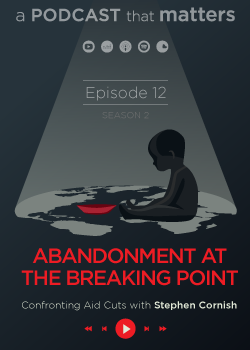Print

EU - Feasibility study Sectoral Councils on Employment and Skills at the European level
Details
Locations:EU 27, Europe Non EU 27
Start Date:Jan 1, 2008
End Date:Dec 1, 2009
Sectors: Labour Market & Employment, Research
Categories:Consulting services
Funding Agencies:
Date posted:Oct 15, 2013
Description
Client: European Commission.
This study assesses the feasibility of setting up Sectoral Councils on employment and skills at the European level (EU level SeCos). Such Councils could be composed of key stakeholders of a particular economic sector including representatives from trade unions and employer organisations, members of education and training systems as well as other actors such as those involved in economic development.
Sectoral Councils exist under various names and in various forms in the EU. For the purpose of this study Sectoral Councils were characterised as follows, they:
- Deal with one specific sector of the economy;
- Aim at gaining insight into the likely developments in employment and skills needs with the aim of assisting policy making within or for this sector;
- Do so by providing analysis of developments on the sectoral labour market;
- Function as a platform in which at least two types of stakeholders are involved;
- Work in a structured and continuous way.
Transversal Councils are similar to sectoral councils, but cover trends and developments in two or more sectors of the labour market.
The study provides insights in the feasibility and impact of three policy options:
- No initiative at EU level;
- EU Initiative focusing on a further information exchange between Member States;
- EU Initiative focusing on developing joint policies and actions at EU level.
The study used the following methods to obtain information:
- Desk research, with a focus on existing EU and national initiatives;
- Expert interviews, aimed at better understanding the international policy context, identifying similar EU and OECD initiatives;
- Missions and face-to-face interviews to best practice countries;
- Web survey amongst stakeholders in five sectors;
- Telephone interviews amongst stakeholders in five sectors.
- EU level sectoral stakeholder consultation (social partners) through face-to-face and telephone interviews.

